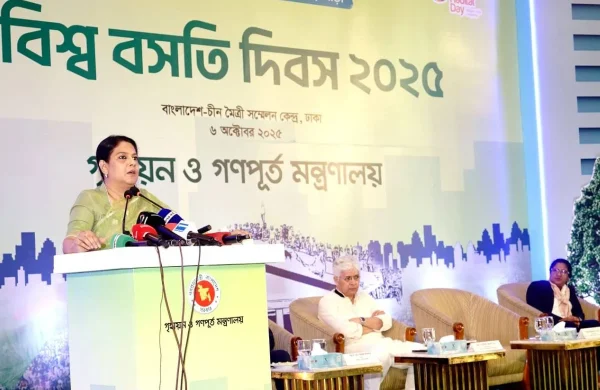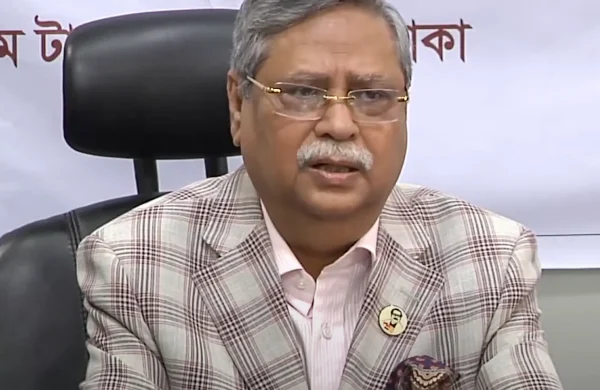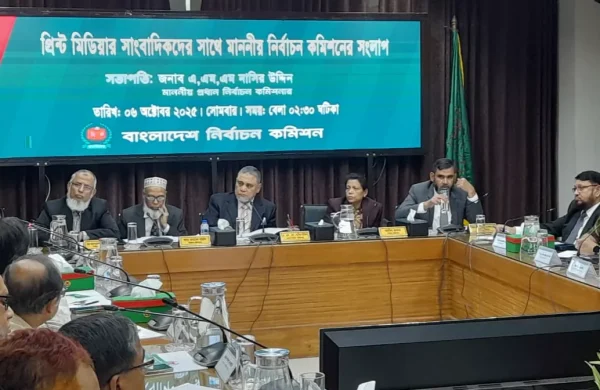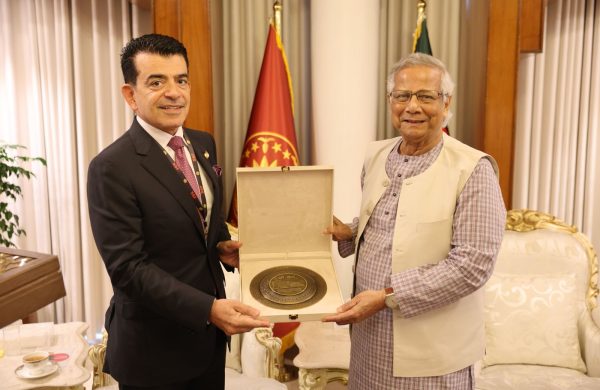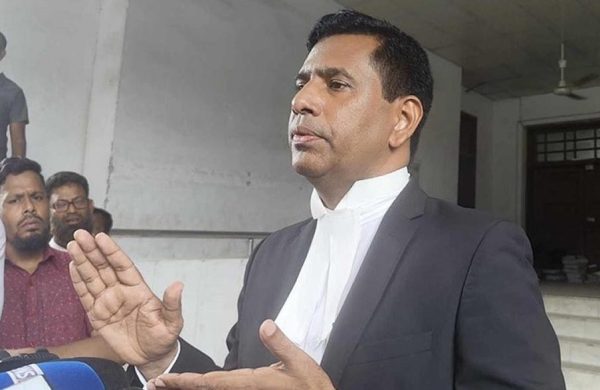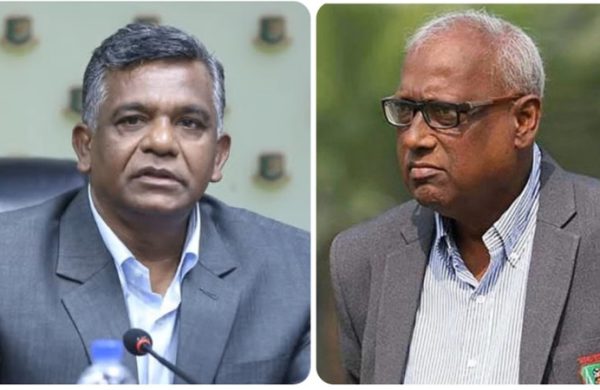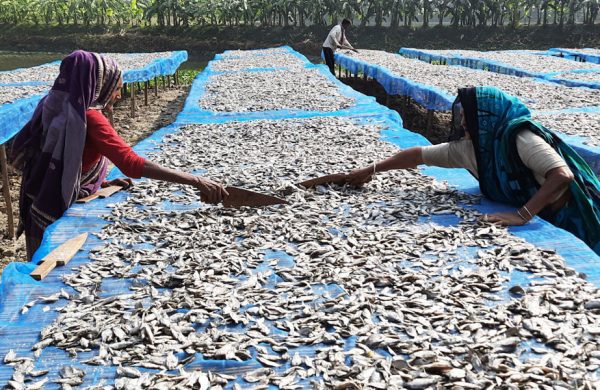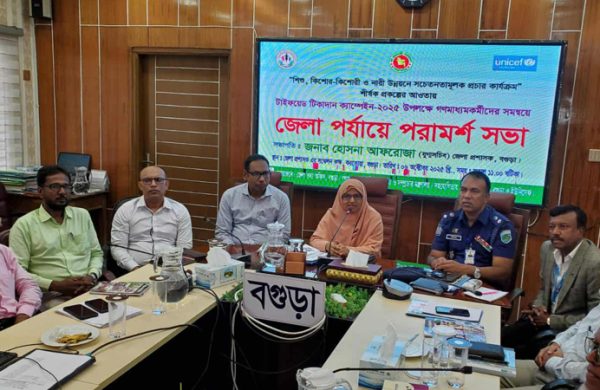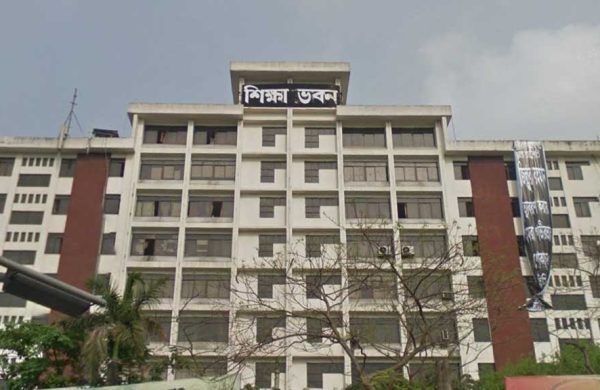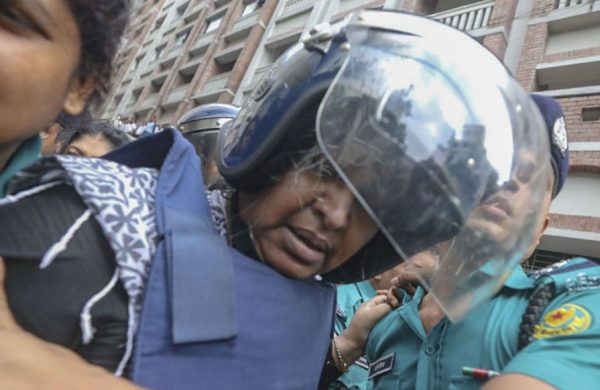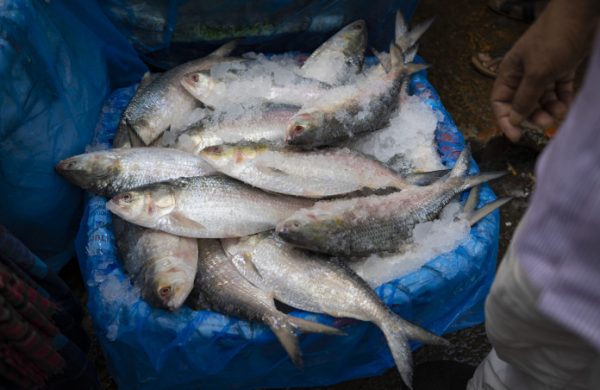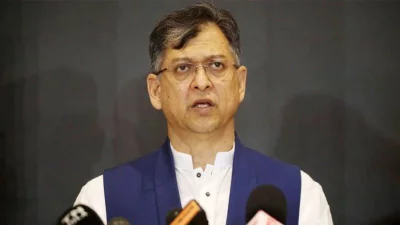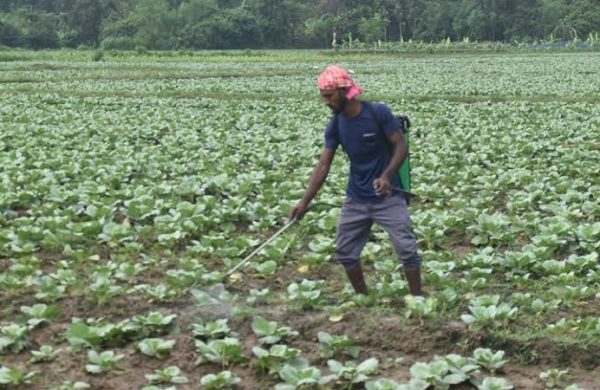Rizwana: Rajuk suffered losses by giving plots to ministers, MPs
- Update Time : Tuesday, September 16, 2025

Staff Correspondent:
Adviser to the Ministry of Environment, Forest and Climate Change, Syeda Rizwana Hasan has said that Rajuk suffered losses by allocating plots to so-called influential figures, including ministers and members of parliament (MPs).
Forests were cleared to make way for these plots. When Rajuk prepared the detailed area plan, business groups opposed it to protect their interests, she said.
She made these comments on Tuesday, at the launch of the World Bank report titled “An Unsustainable Life: The Impact of Heat on Health and the Economy of Bangladesh” at a hotel in Dhaka.
The environment adviser said that the rising temperature is no longer a theoretical issue but a lived reality for every citizen of Bangladesh. While temperature rise is a global phenomenon, its impact is far more severe in Bangladesh, putting public health and the economy at serious risk.
She said that recommendations must not remain confined to research papers but should be turned into time-bound action plans. Each agency must define its role clearly, and national-level stakeholders must take responsibility so that the recommendations translate into effective measures.
On the challenges of urban planning, the environment adviser said that to tackle heatwaves, urban planning must be reconsidered—with less concrete, more greenery, effective public transport, rooftop gardens, and strict enforcement of land-use planning. She added that city corporations have already begun large-scale greening initiatives, but these need to be expanded further.
Syeda Rizwana Hasan also highlighted the link between climate resilience, good governance, and changes in civic behaviour. She said that alongside structural reforms, cultural change is also needed. Small actions, such as reducing unnecessary electricity use, can have a major impact. A green city means a healthy life.


